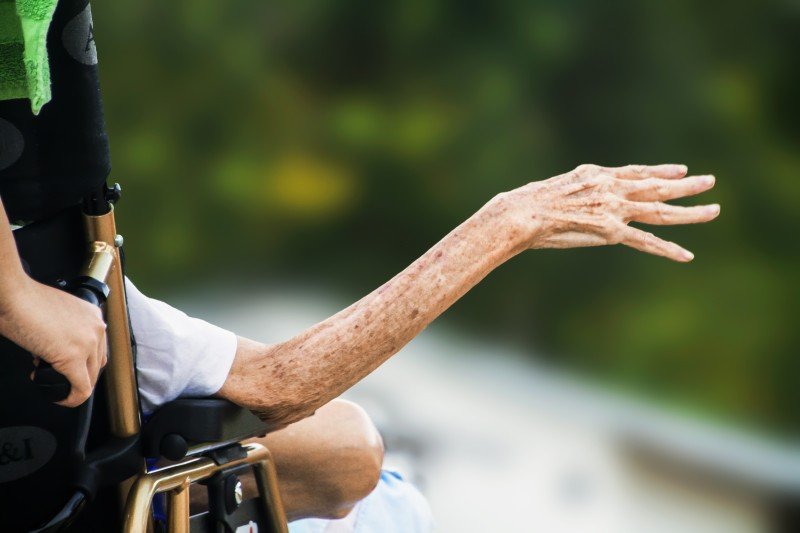
Persons with disabilities want to be part of an active society, but every day, barriers prevent persons with disabilities from participating fully and equally in communities and workplaces.
The message that sends is “You don’t fit in. There is no place for you. Step aside or stay at home.” It is clear that the need to change how barriers to accessibility are addressed in this country is long overdue.
Increasing numbers of Canadians are living with episodic disabilities, including multiple sclerosis, arthritis, cancer, HIV/AIDS, diabetes and different forms of mental illness.
Persons with disabilities face many challenges that perhaps we don’t see at a surface level. When we think of people with disabilities, we often forget to include housing.
It is true that without an accessible home, people with disabilities are unable to work or participate in the community they wish so much to be a part of.
I would like to share with you that as a young girl, my father started in Uganda a school for hearing impaired children. I will never forget how it was to see young children coming from small villages who have never been able to express themselves. I watched them learn and grow. Once they graduated, they were expressive and were working to find their rightful place in society.
All they wanted was to be able to contribute to their own communities. This made me realize that by only providing a few learning tools suited to their needs, it can change one’s life.
It transforms an ignored member of society to a fulfilled member of society.
To quote on the right of persons with disabilities from the United Nations:
“The Convention on the Right of Persons with Disabilities adopts a broad categorization of persons with disabilities and reaffirms that all persons with all types of disabilities must enjoy all human rights and fundamental freedoms.
It clarifies and qualifies how all categories of rights apply to persons with disabilities and identifies areas where adaptations have to be made for persons with disabilities to effectively exercise their rights. ”
Persons with disabilities are also members of our society.
Disability is not a political issue. It is a human issue.